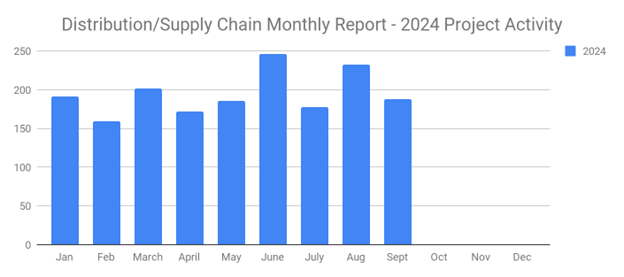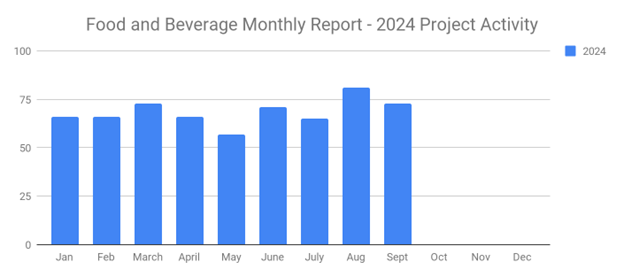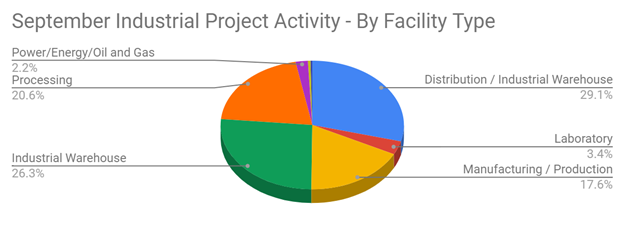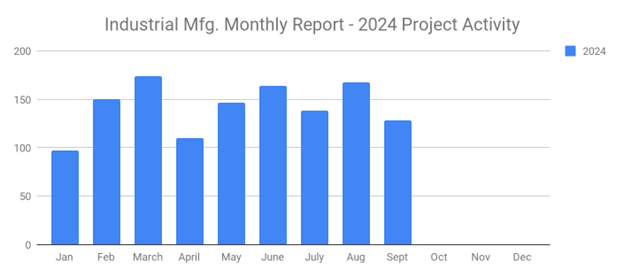-
Posted On Sunday, July 25, 2021 by Vince Antoine

Appointment setting may sound like a simple enough task. By reaching out to prospective buyers -- either cold or warm leads -- you can ask them to book an appointment with your B2B company's sales team to discuss a potential deal. It essentially gives you the opportunity to qualify prospective buyers before the sales pitch. By contacting these qualified prospects on their appointment date and time, sales reps will have an easier time convincing them to make a purchase. There are several myths about appointment setting, however, that you shouldn't believe.
Myth: Cold Calling Always Lands Appointments
Not all cold calls will land an appointment. You can perform cold calls to try and persuade prospective buyers to book an appointment, but you can expect to encounter some rejections. Research cited by Salesforce, in fact, indicates that only about one in 50 cold calls result in an appointment. For every 50 prospective buyers whom you contact via cold calling, only one of them, on average, will agree to book an appointment. It may have a low success rate, but cold calls can still help your B2B company secure appointments.
Myth: In-House Appointment Setting Is Cheaper
Think in-house appointment setting is cheaper than outsourced? Think again. Like with many sales-related processes, appointment setting can be performed in-house or as an outsourced service from a third-party provider. In-house essentially means that your B2B company and its sales team perform it. Outsourced, on the other hand, means that a third-party provider performs the appointment setting service on your B2B company's behalf. While you'll have to pay for an outsourced appointment setting service, it can save your B2B company money in the long run. It allows you to focus on pitching products or services to qualified prospective buyers rather than trying to convince them to book an appointment.
Myth: Performed Exclusively By Phone
Another common myth is that appointment setting is performed exclusively by phone. While most appointment setting processes are, in fact, performed by phone, there are other channels through which you can interact with prospective buyers for appointment setting purposes. Email is one such alternative channel. You can send emails to touch base with newly acquired prospective buyers. In these emails, you can see if they are interested in booking an appointment to discuss a potential deal. Some appointment setting providers also use social media. They'll contact prospective buyers via their business's social media profiles to secure appointments. While most appointment setting processes are performed by phone, many involve a combination of phone, email and/or social media.
Myth: Doesn't Affect Sales Cycle Length
Appointment setting can absolutely affect the length of your B2B company's sales cycle. It promotes a shorter sales cycle length that manifests in the form of increased sales. According to HubSpot, the average length of a B2B sales cycle is about 83 days. In other words, it takes most B2B companies nearly three months to facilitate a transaction with a prospective buyer after acquiring his or her information as a lead. With appointment setting, you can achieve a shorter sales cycle for your B2B company. It doubles as a lead qualification process. Appointment setting will provide your B2B company with qualified prospective buyers who are ready to discuss a deal. The end result is a shorter sales cycle that helps your B2B company generate more sales in less time.
Myth: Requires Little or No Research
Research is an important step in the appointment setting process. Whether your B2B company performs it in-house, or if you choose an appointment setting provider, researching prospective buyers beforehand will typically result in greater success. A successful appointment setting process requires targeting the right prospective buyers. Unless a prospective buyer fits your B2B company's target demographic, he or she probably won't book an appointment. Therefore, reaching out to a broad audience isn't a good idea. You'll need to research prospective buyers to ensure that they fit your B2B company's target demographic before contacting them for appointment setting purposes.
Myth: Anyone Can Do It
It's a widely believed myth that appointment setting is easy enough for anyone to do. After all, appointment setting doesn't involve any purchases; you just need to convince prospective buyers to book an appointment. Not all sales reps or workers, though, have the necessary skills to perform appointment setting. It's a methodical process that requires a variety of skills. Appointment setters, for instance, must be able to convey value propositions, and they must be able to handle rejections. Time management is an important skill for appointment setters as well. They must manage their time by quickly and efficiently reaching out to prospective buyers.
Myth: The More Appointments You Get, the Better
It's not the number of appointments you secure that matters. Rather, it's the quality of those appointments. 20 high-quality appointments with vetted and qualified prospective buyers will provide more value than 200 low-quality appointments with a broad and unvetted audience. For both sales and appointments, the quality of leads matters.
Myth: Gatekeepers Are a Waste of Time
You may assume that trying to secure appointments from gatekeepers is a waste of time. Gatekeepers are workers, such as receptionists, who screen calls for a higher-level worker, such as an executive. When selling products or services, contacting gatekeepers is typically a waste of time. For appointment setting, gatekeepers can still prove useful. Many gatekeepers handle appointments for the executives for whom they work. If you reach a gatekeeper, you can still request an appointment. Assuming the gatekeeper manages appointments for the executive, he or she may agree to your appointment. You can then contact the executive on the agreed-upon date.
Myth: You Should Aggressively Push Appointments
Being too aggressive with your appointment setting process may backfire. If you are too aggressive, prospective buyers may reject your offer for an appointment. There's a fine line you must balance between convincing prospective buyers to book an appointment and not being too aggressive. Being too aggressive will prove counterproductive, as it discourages prospective buyers from booking an appointment.
What to learn more? Get in Touch
Latest Posts
-

A Comprehensive Overview of 188 New Distribution and Supply Chain Projects for September 2024
-

73 Fresh Food and Beverage Projects in September 2024: Industry Growth and Opportunity
-

September 2024 Latest Trends in Industrial Project Activity for Construction Projects
-

128 Promising Industrial Projects on the Horizon for September 2024
